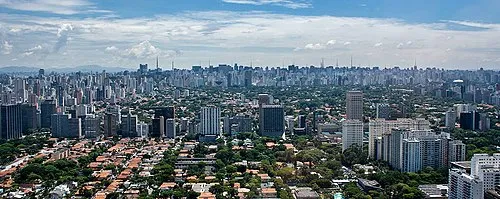
Celebrating Independence Day: The Birth of South Sudan
Independence Day in South Sudan marks a significant turning point in the history of the nation. On July 9, 2011, South Sudan officially separated from Sudan, becoming the world's youngest nation. This momentous occasion not only represents political freedom but also embodies the hopes and aspirations of millions of South Sudanese people.
The Journey to Independence
The road to independence for South Sudan was fraught with challenges. Years of conflict, civil war, and cultural division characterized Sudan's history, leading to a prolonged struggle for autonomy among the South Sudanese. After decades of fighting for rights, resources, and governance, a peace agreement was finally ratified in January 2005, paving the way for a referendum held in January 2011, where an overwhelming majority voted for independence.
Significance of Independence Day
Independence Day is not merely a day of celebration; it holds profound meaning for the citizens of South Sudan. It signifies the end of oppression and the beginning of self-determination. Each year, on July 9, South Sudanese people participate in parades, cultural events, and religious gatherings to honor their freedom and pay tribute to the sacrifices made for this milestone.
Cultural Celebrations
Celebrating Independence Day in South Sudan involves an array of traditional customs and contemporary festivities. Communities come together to enjoy music, dance, and storytelling that emphasizes their rich cultural heritage. Traditional attire, often vibrant and colorful, is worn to represent national pride. The government and local organizations put on events that showcase local artisans, mouth-watering cuisine, and cultural performances, allowing citizens to connect with their roots.
Challenges Post-Independence
Despite the jubilation surrounding Independence Day, South Sudan faces numerous challenges as a nascent nation. Political instability, economic hardship, and internal conflicts continue to pose significant hurdles to development. The government's efforts to foster peace and unity among diverse ethnic groups often clash with the realities on the ground, making it essential for both local and international communities to support South Sudan in enhancing stability.
A Vision for the Future
The celebration of Independence Day serves as a reminder that while the struggle for freedom was hard-fought, the journey towards a prosperous and united South Sudan is far from over. As the nation evolves, it must embrace diversity, foster dialogue, and prioritize development to create a stable future for its citizens. Learning from the hardships of the past will be crucial for building a society that respects human rights and promotes unity.
Conclusion
Independence Day in South Sudan is both a celebration of triumph and a call to action. As South Sudanese people commemorate their hard-won freedom, they also reflect on the challenges that lie ahead. This national day is not only a opportunity for festive observance; it is also a day to recommit to the ideals and principles that will anchor the progress of this emerging nation.






